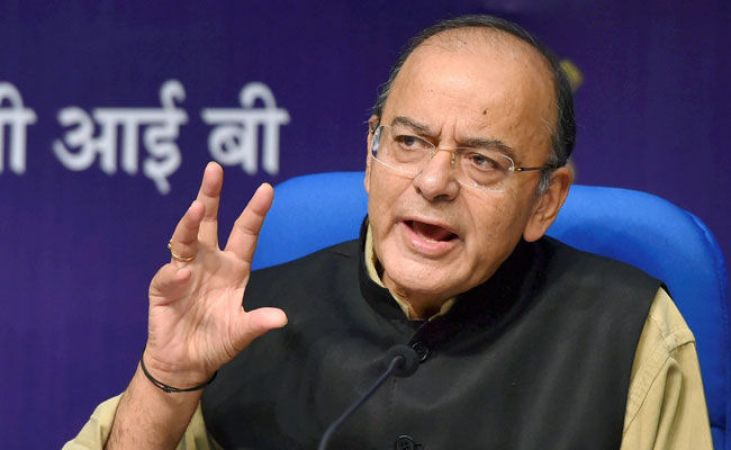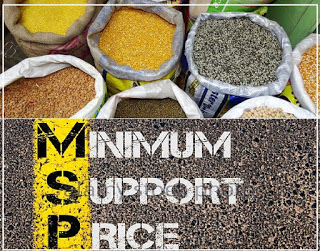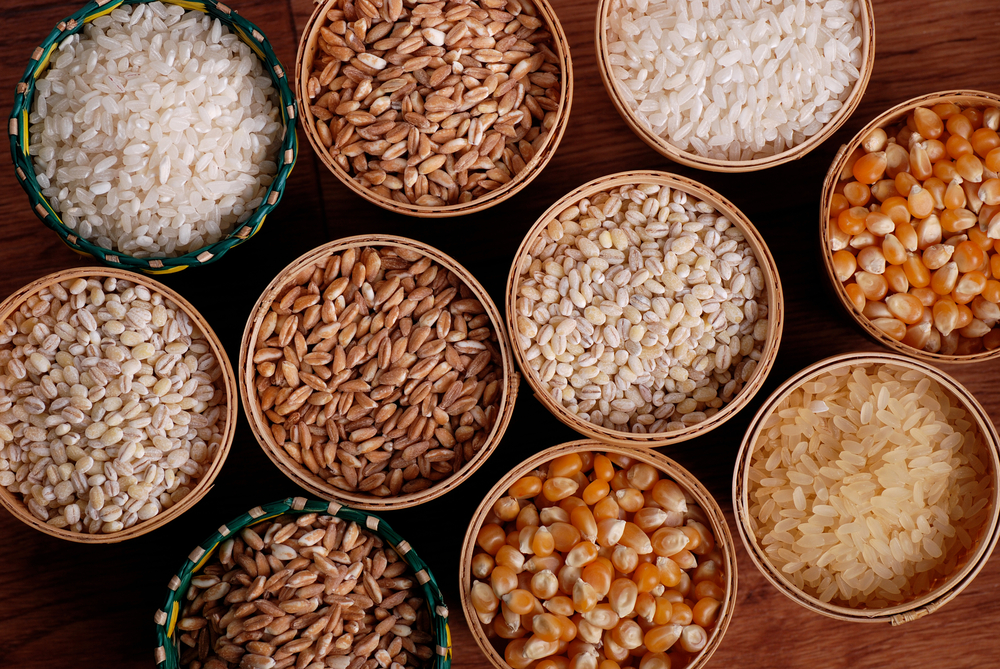
Finance Minister Arun Jaitley admitted in an exclusive interview that the effect of raising the KMS MSP (Minimum Support Price) for the farmers may be on inflation. In response to a question related to the MSP multiplication of the cost of one-and-a-half times in the budget, he said that our eyesight is on it and its impact on inflation can be controlled. However, he also said that due to the tension related to inflation, the main reason for this is the rising cost of crude oil. He said that if crude oil prices remained in the manageable position and the monsoon is normal even this year, then we can achieve a growth rate of more than 8 percent.
Jaitley said that monsoon is a big factor for agriculture. Similarly, I want the prices of crude oil not to go above the current level. If we achieve 8 percent growth, then it will be a great achievement, because no country in the world is also in a position to achieve 7 percent growth rate. According to him, India's GDP growth should be seen in the current global perspective.

Jaitley said that there are adequate signs of recovery in the World Economy and it is expected to grow at 3.9 percent in 2018. If world economy grows to 3.9 percent, then India will be the fastest growing country. Jaitley said that since this year we have made refunds like note bank and GST, our growth could be from 6.7 to 6.8 percent.
However, he also said that there is a problem of concern for the government's rise in crude oil prices. Prices that have reached $ 50 to $ 70 a barrel in just three months have almost been out of our comfort level. With this, the increase in current account deficit and economic growth can increase as well as inflation. Jaitley said that if crude oil prices are below $ 60 a barrel, and if the monsoon is normal then this year, the country's growth rate can remain in double digits.
Jaitley said that since we import crude oil in large quantities. In such a situation, its rising prices may also have an impact on inflation. By increasing the crude prices, the movement of things becomes expensive, whose impact falls on the prices of used items. However, Jaitley also said that we have to see the extent to which crude oil prices increase. The effect on us will also be the same.

In the financial survey presented in Parliament a few days before the budget was warned about the rising prices of crude oil in 2017-18. It was also stated that its impact could be seen at the GDP growth rate in the coming year. In the first three quarters of the fiscal year 2017-18, oil prices have increased by 16 percent in dollar terms compared to last year.
The head of the team preparing the economic survey and chief economic adviser of the Indian government, Arvind Subramanian, had said that the growth rate of oil every 10 dollars per barrel reduces the GDP growth rate by about 0.2-0.3 percent. According to him, this increase of $ 10 increased current account deficit (CAD) also increased by $ 9-10 billion. At the beginning of November, crude oil prices were around $ 50 a barrel, which is currently running around $ 70 a barrel.
In the Economic Survey 2018-19, India's GDP is estimated to be between 7-7.5 percent. Despite the negative impact of GST and note bonds, the economic rate for the current financial year i.e., 2017-18 has been projected to be 6.75 percent.
Also Read:
Budget 2018 focuses on ease of living and not just ease of business, says PM
What Will Agriculture, Business and Millennial get from Budget?
Budget 2018: LTCG tax Effect, Sensex slips 500 points, Nifty below 11,000